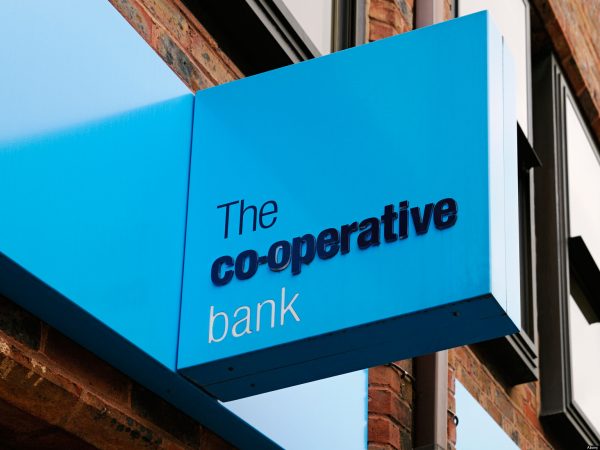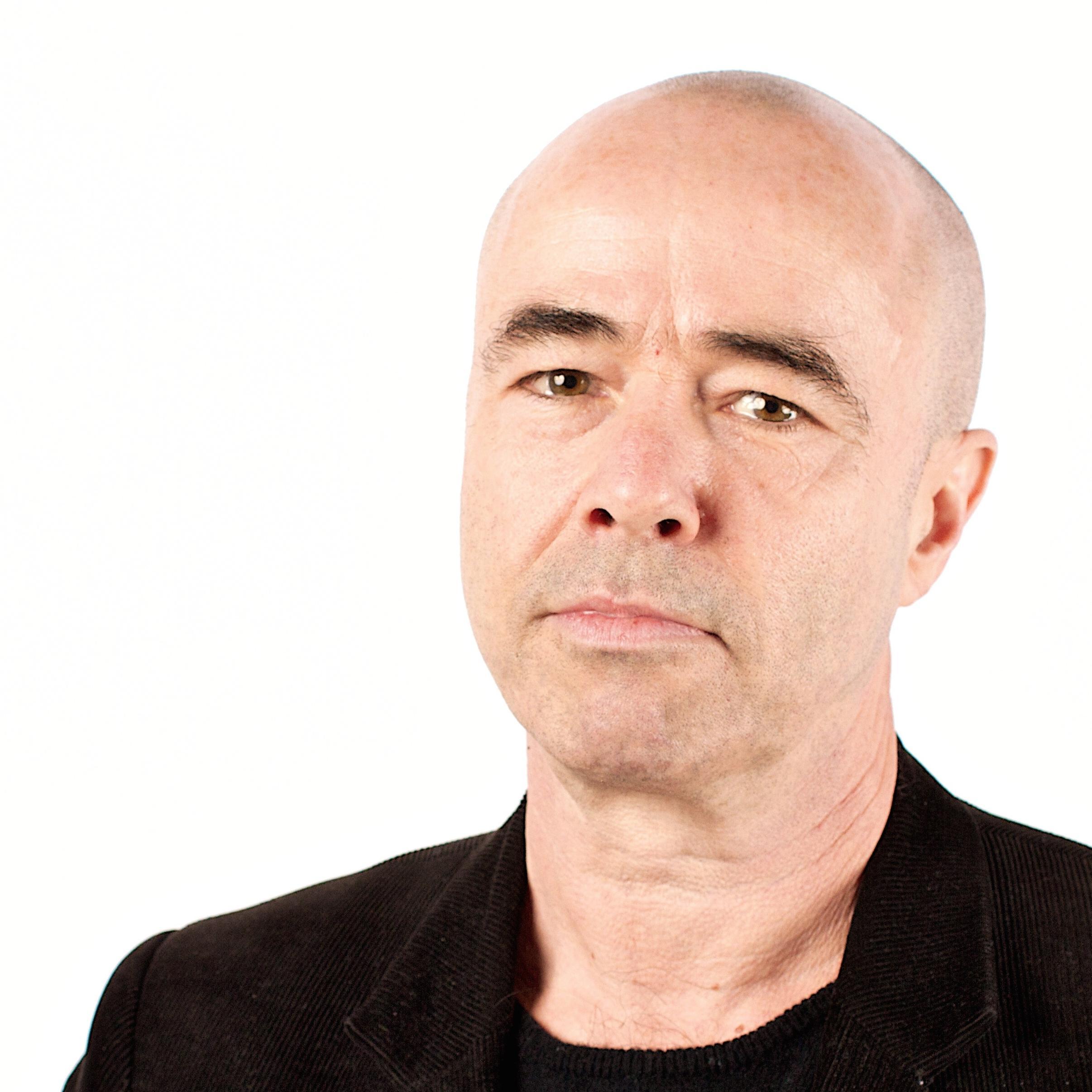The Co-operative Bank markets itself as an ethical bank. It had the first customer-led ethical policy, provides free community banking, regularly tops the list of ethical banking products and supports the growth of co-operatives through a £1m partnership with Co-operatives UK.
But the discovery of a £1.5bn capital hole five years ago, alongside a shortfall in capital in 2013 and the more recent deterioration in its capital position, has led to the directors of the bank putting the 145-year old institution up for sale.
“It has been obvious for some time that the Co-op Bank’s recovery plan was heading for the rocks,” according to financial writer Frances Coppola.
She believes this is the end of the road for the Bank, and adds: “the so-called ‘ethical bank’ has been anything but ethical. Quite why its customers have been so loyal to it is a mystery.”
Related: Co-op Bank – In Trouble Again?
The Bank was founded in 1872 as the Co-operative Wholesale Society (CWS) Bank to provide banking services for the co-operative movement. The Co-op Group lost majority control of the Bank in 2013.
It remains at the top of Ethical Consumer’s list of current account providers with Metro Bank, Nationwide and Norwich & Peterborough Building Society. Rob Harrison at Ethical Consumer says the Bank’s ranking will not be affected until a sale takes place.

“However, if the Co-operative Bank continues to struggle,” he says, “then other players – such as Triodos or one of the mutuals – will move more squarely into the ethical banking space. Ethical development is a long-term trend across all business sectors because of real social and environmental issues confronting societies around the world.”
What next?
There are four possible outcomes for the Bank, according to Frances Coppola:
1. The Bank could find the capital it needs from existing owners
2. The Bank is sold to an external buyer. “This is a tall order,” says Ms Coppola. “The market for distressed banks is decidedly thin at the moment, and there are arguably more promising candidates for anyone wanting to attempt a turnaround.”
3. The Bank could be broken up. The Financial Times has reported that challenger banks and private equity firms have expressed an interest in buying parts of the Co-op Bank’s portfolio.
4. It could be wound up by the PRA. “In my view this outcome is only likely if a buyer for the whole business still cannot be found after a fire sale of assets,” says Ms Coppola.
A fifth option is mutualisation. “We believe the Bank should take the co-operative approach and look at ways to raise new capital from customers,” said Shaun Fensom, from the Save Our Bank campaign, which has launched a Customer Union for Ethical Banking (CUEB).

“We know that many thousands of our supporters would be prepared to put some money at risk to help increase the customer ownership and so start the process of re-mutualising the Bank. This would build confidence in the markets and could attract new customers.”
Ecology Building Society would also like to see any sale of the Bank deliver a mutual solution. “Co-operative and mutual ownership models offer a framework for resilient and progressive businesses that genuinely support the interests of all,” says Paul Ellis, CEO.
He also believes it is important that any sale maintains the Bank as an independent entity and “doesn’t result in any further concentration of clearing facilities among the big banks”.
“Whatever happens, it’s essential that we see safeguards put in place to ensure that the Bank retains a genuine commitment to ethical values,” he added.
Mr Harrison at Ethical Consumer, which has been involved in the CUEB campaign, says that even at this stage the organisation “still feels there are positive reasons to stay with the Bank”.
“We think the customer union has an even more important role to play at times of crisis such as this and CUEB is lobbying the Bank as we speak – to look at the role that customers or other mutuals and co-ops could play in meeting new capital requirements or ownership arrangements; and make sure the ethical policies remain intact under any new ownership arrangement.
“We think the Co-op Bank’s future would be much more secure if it could address these issues during any sale process.”
What about the Bank’s ‘co-operative’ name?
In 2014, Co-operatives UK – of which the Co-op Bank is an associate member – concluded the Bank could keep its co-operative name. The sector body had been working with the International Co-operative Alliance to determine a draft set of guidelines where a non-co-operative organisation can use ‘co-operative’ in their name. The agreed criteria outlines that those organisations should:
- Exist in order to promote co-operative activity and be recognised by the co-operative movement in relation to this role
- Operate in line with co-operative values, and not discredit the co-operative business model
- Not use the term in ways that serve to mislead others as to whether the organisation itself is in fact a co-operative.
Co-operatives UK general secretary, Ed Mayo, says it will continue to monitor the “impact of the sale on the reputation of the co-operative sector”, but hopes the Bank will “find a buyer that retains its co-operative ethical values”.
The Co-op Group may take issue too.
“The Co-op Bank brand is likely to disappear,” believes Frances Coppola, citing a number of reasons. “Once the Co-op Group no longer has a stake, it may object to the Bank continuing to use its brand name.”
However, the final decision rests with the Secretary of State for Business, Energy and Industrial Strategy (currently Greg Clark), who may revoke the Bank’s right to describe itself as ‘co-operative’ if it ends up entirely in private sector ownership.

